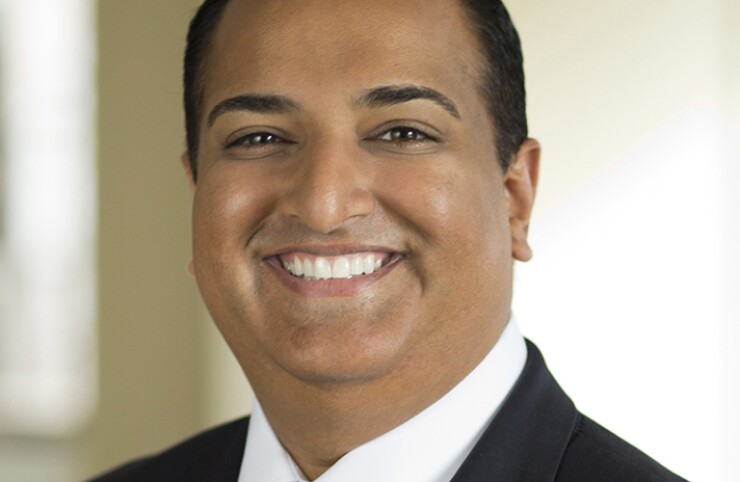Against the backdrop of a big state-funded property tax cut and with a bond guarantee program fully back in business, Texas public school districts are asking voters for almost $18 billion of debt Nov. 7.
That accounts for the lion's share of the
"Texas school districts continue to experience growth and are in need of new facilities or rehabilitation of existing schools and buildings," said Ajay Thomas, who heads public finance at FHN Financial Capital Markets.

Districts may be trying to get ahead of future Federal Reserve interest rate hikes, he said, while climbing construction costs have gobbled up proceeds from previously authorized bonds, forcing districts to seek more voter-approved debt.
Safety projects are also a factor in Texas where, in May 2022, 19 students and two teachers were killed in
"Lots of old buildings (are) being renovated to include modernized safety standards that align with new legal requirements and community expectations," said Amanda Brownson, associate director of policy and research at the Texas Association of School Business Officials.
Texas voters will also be deciding on proposed constitutional amendment Proposition 4, which would reduce school operating property taxes. During a July special legislative session, lawmakers approved a more than
"Some school districts appear to be using the legislature's historic, new tax relief package as cover to raise taxes and push for loads more debt," said James Quintero, director of the Center for Local Governance at conservative think-tank Texas Public Policy Foundation, adding, the tax cut could possibly be "fueling school district extravagance on a scale never before seen."
In a video posted on
The district, located north of Houston, has a four-part proposal on the ballot, with $1.8 billion earmarked largely for school construction, expansion, and renovation as enrollment is projected to exceed 73,000 this school year and is expected to grow to nearly 100,000 students by 2032. Null said proceeds would provide permanent seats for schools forced to use portable buildings, along with safety measures, such as security cameras and improved door locks.
A district north of Dallas, Prosper ISD, has the

Districts that are successful at the polls no longer have to fret about the availability of a state enhancement program that bestows triple-A ratings on public school bonds. Action by the Internal Revenue Service earlier this year
Projected
The program's dwindling capacity
In addition to the school property tax cut measure, Texas voters will weigh in on
Proposition 6 would
Texas State University, Texas Tech University, University of Houston, and University of North Texas would get a financial boost under Proposition 5, which sets up a nearly
Proposition 7 would create a state energy fund to provide
El Paso County would join several other Texas counties in having the ability to levy property taxes and issue bonds to fund parks and recreational facilities through conservation and reclamation districts under Proposition 11.
While Texas does not tax income, Proposition 3 would prohibit the imposition of an individual wealth or net-worth tax.
On the pension front, Proposition 9 would allow the legislature to provide cost-of-living increases to retired teachers.
Also in Texas,
In Houston, voters will decide on replacements for Mayor Sylvester Turner and Controller Chris Brown, as well as elect council members.
Arizona issuers are asking for $4.64 billion of bonds, according to S&P Global data.
Phoenix is seeking general obligation bond authorization for
The nation's fifth-largest city has a total of $500 million of debt on the ballot with one of the four questions earmarking $214 million for public safety, roads and other infrastructure.
The three remaining questions would fund projects such as libraries, affordable housing,
Voters will also face big school bond measures, including $500 million for Mesa Unified School District, $480 million for Tucson Unified School District, and $475 million for Phoenix Union High School District.
Colorado's Douglas County School District has $484 million of bonds on the ballot, while in New Mexico, Albuquerque is seeking a total of $200 million of bonds in seven measures.
The only other state-wide ballot measure of note in the Southwest is in Colorado, where voters will decide on enacting a statute allowing the state to spend revenue in excess of its current cap, make temporary assessment rate reductions for residential property, incrementally reduce the assessment rate for commercial property, and
If passed, it would cost the state nearly $118 million in fiscal 2024, rising to $439.7 million in fiscal 2025, according to Colorado Legislative Council estimates.
Republican lawmakers, who opposed the Democrat-supported Proposition HH,





